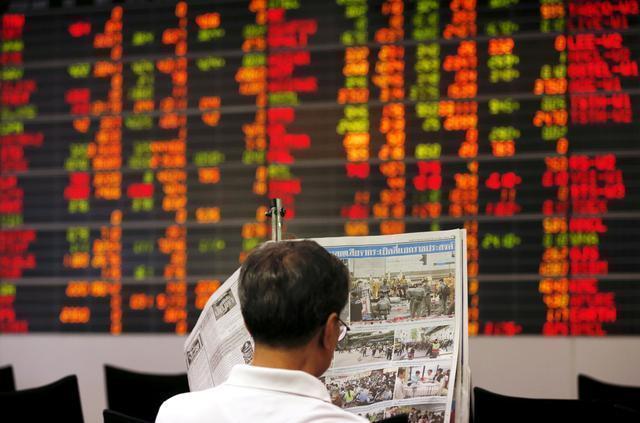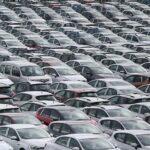Russian forces fired missiles at several cities in Ukraine and landed troops on its coast on Thursday, officials and media said, after Russian President Vladimir Putin authorized what he called a special military operation in the east, according to Reuters. Ukraine closed its airspace to civilian flights, citing a high risk to safety, while Europe’s aviation regulator also warned against the hazards to flying in bordering areas of Russia and Belarus, because of military activities.
President Recep Tayyip Erdogan held a phone call with his Russian counterpart Vladimir Putin to discuss the Russia-Ukraine dispute yesterday. Erdogan told Putin that military conflict in the region would not benefit anyone and repeated his offer to help solve the crisis, his office said in a statement, adding Erdogan said he valued Putin’s close cooperation on regional issues and wanted to continue this. Erdogan also underlined that Ankara does not recognize recent steps by Moscow that violated “Ukraine’s sovereignty and territorial integrity,” while highlighting the importance of solving the dispute between the two countries on the basis of the Minsk agreements. “President Erdogan, who renewed his call for the matter to be resolved through dialogue, stated that it was important to bring diplomacy to the forefront and that Turkey continued its constructive stance in NATO as well.” Erdogan earlier said Turkey can’t abandon its ties with Russia or Ukraine.
The Western sanctions on Russia may further raise energy prices, according to Ali Arif Akturk, Energy Specialist and Former Head of Natural Gas Purchase Department of BOTAS. Speaking to daily DUNYA, Akturk said the Russia-Ukraine crisis will increase many input prices such as cereals in addition to natural gas and oil prices that will harm Turkey’s efforts to fight against inflation. Adding that oil prices would exceed USD 100 per barrel, Akturk said Turkey has entered a period when prices will further surge, with high fragility.
Maxim Rybnikov, the EMEA Region Country Rating Director of the U.S.-based international credit rating agency S&P has the same opinion as Akturk about the adverse impact of new energy price hikes on Turkey. Speaking to daily DUNYA, Rybnikov added that the possible losses in purchasing power of foreign tourists coming from Russia and Ukraine, which are important source countries for Turkey, poses a potential risk. Meanwhile, Tatyana Lysenko, Lead Economist of Emerging Markets of S&P, warned that inflation in Turkey may further increase with the latest developments in commodity markets.
The country’s real sector has also become more vulnerable than it was in the pre-pandemic period in the face of foreign exchange (FX) and interest rates rate shocks, according to Nurettin Ozdebir, Chairman of the Ankara Chamber of Industry (ASO). Stressing that banks funded with low-interest rates provide high-interest rate loans to the real sector, Ozdebir said relevant institutions such as the Banking Regulation and Supervision Agency (BDDK) should impose sanctions. “Apart from the Russia-Ukraine tension, Central Banks policy choices, which focus on permanent resolution of the inflation problem, raise uncertainties. This also adversely affects expectations,” Ozdebir said. As he noted, the Turkish government’s policy choices decrease opportunities for the real sector to access liquidity even though the FX-protected TRY deposit accounts have reduced volatility in foreign exchange (FX) rates.
DAILY AGENDA
The Central Bank will release the summary of the Monetary Policy Committee (PPK) meeting held on February 17 (2.00 pm).
The Central Bank and the Banking Regulation and Supervision Agency (BDDK) will release weekly money and banking statistics (2.30 pm).
President Recep Tayyip Erdogan will chair the AK Party Central Decision and Executive Board (MKYK) meeting (4.00 pm).
READ A SELECTED ARTICLE FROM OUR MAGAZINE:
>> The Central Bank stated that…
Our Economic Analysis Columnist Alaattin Aktas interprets the Central Bank’s latest interest rate decision and the Monetary Policy Committee (PPK) statement.










